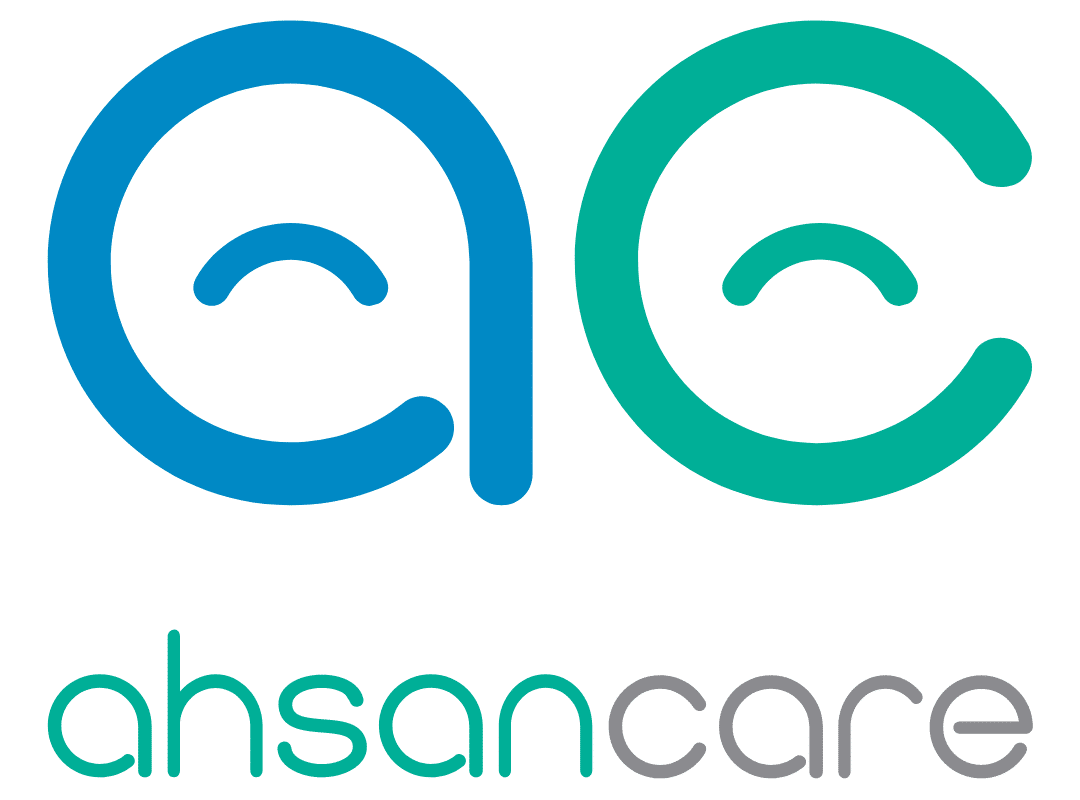Daily living skills shape independence, confidence, and well-being for NDIS participants. From getting dressed to managing a meal, these everyday activities serve as more than habits—they’re proof of progress. But measuring that progress can be tricky without the right tools. That’s where a daily living skills assessment becomes essential. It’s not just a checklist; it’s a clear way to track abilities, flag new challenges, and show how support is helping. These assessments keep planning grounded in lived experience rather than relying on guesswork.
This blog explores the daily challenges NDIS participants face in building and maintaining independence, the ripple effects of missed assessments on progress and planning, and ways to improve outcomes through better preparation, tools, and goal alignment.
What challenges affect daily living skills in NDIS participants?
NDIS participants face a mix of physical, cognitive, emotional, and environmental barriers when managing daily tasks.
- Fluctuating energy levels or fatigue: Some conditions cause unpredictable energy crashes, making it hard to stick to routines. A person might make their bed on Monday but stay in pyjamas until noon on Tuesday.
- Sensory sensitivities or aversions: Smells, textures, or lighting can make routine spaces, like kitchens and bathrooms, distressing. These reactions aren’t fussiness; they’re neurological responses.
- Executive functioning limitations: Difficulty sequencing steps can turn simple tasks into complex puzzles. For example, brushing teeth may require a checklist if a person forgets the order or the tools needed.
- Environmental instability: Frequent changes in housing or carers disrupt patterns. Even a change in kettle location can derail breakfast prep.
These barriers make routines harder to form, track, and maintain without the right support in place.
Why do assessments for daily living skills often get overlooked?
Despite their relevance, many daily living assessments are missing from NDIS planning conversations.
- Time-limited plan reviews: These meetings often focus on big-ticket items like mobility or communication devices, pushing daily skills down the list.
- Underestimation of task complexity: Families or providers may assume skills like showering or cooking are “intuitive”—until they break down the steps and realise what’s involved.
Addressing this gap starts with recognising the need for daily task evaluations in NDIS, which ensures that essential supports align with everyday needs, not assumptions.
How can limited support affect daily living outcomes?
Without targeted support, progress in daily living skills can stall or even reverse. These outcomes affect quality of life and long-term independence.
- Lack of custom strategies: A one-size-fits-all support approach can leave critical tasks unmanageable. Someone needing visual cues may fall behind if they’re only given verbal prompts.
- Over-assistance by carers: Well-meaning carers might complete tasks on behalf of participants, reducing the chance for growth. Practice—not perfection—builds independence.
- Vague or outdated goals: If plan goals don’t reflect current capabilities, there’s nothing to measure or aim for. A goal like “improve hygiene” lacks clarity and focus.
That’s why it’s worth exploring ways a support worker can assess daily routine independence—it helps clarify strengths, reveal gaps, and direct support where it matters most.
What tools are used in a daily living skills assessment?
A wide range of tools is used to measure progress, each offering a unique view into what someone can do—and how they do it.
| Tool Name | Purpose | Format |
| AMPS | Evaluates the quality of motor and process skills | Observational |
| FIM | Rates level of support needed per activity | Standardised scoring |
| GAS | Tracks progress against personalised goals | Goal scaling |
| OT Checklists | Monitors individual task performance | Custom + Flexible |
- Assessment of Motor and Process Skills (AMPS): This allows occupational therapists to observe how a person handles routine tasks, such as food preparation or folding clothes. It highlights both strengths and safety concerns.
- Functional Independence Measure (FIM): A scoring system used to show how much help someone needs. It’s great for documenting small shifts in independence.
- Goal Attainment Scaling (GAS): This tracks how close someone comes to meeting a personalised goal, whether it’s brushing teeth solo or setting the dinner table with help.
- OT-developed checklists: These flexible tools adapt to each person’s home environment and daily habits, offering detailed insight into what’s working and what isn’t.
These tools combine structure and personal relevance, making assessments both measurable and meaningful.
How do you prepare for a daily living skills assessment?
Proper preparation gives assessors a full picture of daily life, not just a snapshot from one afternoon.
- Keep a task log: Note successes, struggles, and the supports used over one week. This log reveals routines, patterns, and gaps in support.
- List all tools or aids: Whether it’s a timer for cooking or a seat in the shower, include all supports that impact performance.
- Document environmental factors: A participant may perform differently depending on noise, clutter, or room layout. These details matter.
- Be specific about difficulties: Instead of saying, “They need help with meals,” describe where the struggle lies—chopping, remembering steps, or avoiding burns.
This kind of insight reinforces why regular skill assessments are vital for independent living, particularly when planning future goals or seeking tailored support.
What roles do caregivers play in skill assessments?
Caregivers often witness both subtle changes and daily struggles that assessors might miss during short visits.
- Observing long-term trends: Carers can highlight shifts in ability, like needing more prompts to finish meals or less help dressing.
- Spotting hidden risks: Safety hazards, such as leaving stoves on or slippery floors, often come up in casual observation, not formal checklists.
- Providing balanced feedback: A good carer supports the participant’s voice while also offering context and clarification.
Their input helps ground assessments in everyday reality, especially when shaped by a clear understanding of NDIS functional capacity requirements and how they influence effective plan outcomes.
What outcomes follow a daily living skills assessment in NDIS?
Once complete, the assessment becomes a practical roadmap for future support and planning.
- Updated goals with clear steps: Goals like “prepare lunch three times a week with supervision” are more actionable than broad statements.
- Support justification: Results can show why certain items, like meal preparation aids or extra support hours, are necessary.
- Tracking progress for reviews: With a baseline set, it’s easier to show progress at six-month or annual check-ins.
- Funding evidence: When appealing a plan or requesting more hours, this data adds credibility and clarity.
When done well, assessments clarify direction, support confidence, and help everyone stay focused on outcomes that matter.
If you’re ready to improve daily routines through smart assessment, you can connect with the team at Ahsan Care Provider to learn more about how these assessments support stronger, goal-aligned NDIS plans.



